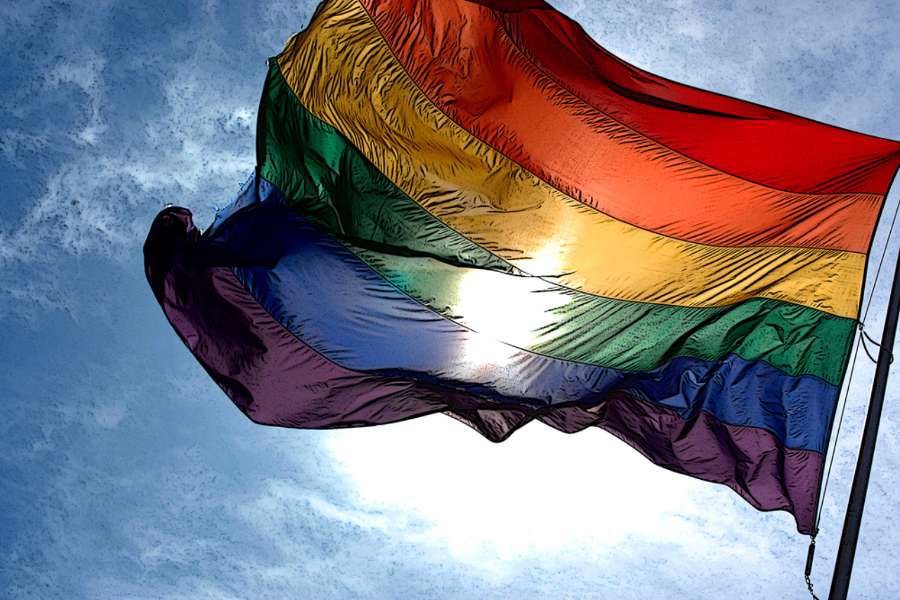Phoenix, Ariz., Jan 13, 2017 / 03:14 am (CNA/EWTN News).- In a country where gay marriage has gained widespread acceptance — both culturally and legally — in the past several years, it can be difficult for pastors or others in ministry to stick to the Church’s teachings on the subject without feeling like a bigot or a hater.
Difficult, but certainly not impossible, said leaders at the Truth and Love conference this week in Phoenix. The conference was co-hosted by the Diocese of Phoenix and Courage International, the Church’s ministry to people who experience same-sex attraction. Pastors and others in ministry positions from throughout the country came for talks and resources on how better to teach the Church’s truth with love.
“The idea of these conferences is to provide resources, perspective and vocabulary for people in ministry. These are specifically for clergy, diocesan parish staff, or those in fields like psychology or social work — people that are going to be on the frontline of the field hospital,” Fr. Philip Bochanski said, referencing an analogy from Pope Francis, who called the Church is a type of field hospital. “These are the people who are going to be doing pastoral first-aid and spiritual triage, they’re that first point of contact for people,” Fr. Bochanski told CNA.
Fr. Bochanski has worked with Courage for a number of years, and was recently appointed executive director of the ministry after the previous director, Fr. Paul Check, was assigned as rector of St. John Fisher Seminary in the Diocese of Bridgeport. This is the second time the ministry has hosted a conference specifically for clergy and those in ministry, Fr. Bochanski said.
By and large, these people have good intentions but are unsure of how to share the teachings of the Church on homosexuality with love. “I think the problem is that the culture says that on this issue, you can’t do both — that somehow being faithful to the Church’s teaching makes you a bigot or a hater, or an unreasonable person,” he said.
“But the culture promotes a misplaced compassion, where pastoral ministers can be afraid to say the wrong thing, and so they don’t say anything, or they speak ambiguously or incompletely,” he said. “So we’re trying to overcome that worry and fear on their part and to give them perspective and tools to help them to be faithful and more compassionate to the people that they’re serving.”
The Truth and Love conference got its name from scripture, when St. Paul tells the Ephesians to “live the truth in love.” It featured presentations on various topics including preaching the truth, what kind of vocabulary to use, and testimonies from people who experience same-sex attractions and have found freedom and happiness in the Church. While these conferences geared toward priests and ministers are relatively recent, the members of Courage have been meeting at annual conferences for about 30 years.
The Courage apostolate was founded in New York City in 1980 when a small group of Catholic men with same-sex attraction who wanted to live chaste lives according to Catholic teaching met with the priest Fr. John F. Harvey, the apostolate’s first director. The group’s five goals are chastity, prayer, fellowship, support and service. The group also has a ministry outreach to parents and spouses, called EnCourage. Dioceses can work with Courage to set up local chapters of both ministries.
Fr. Bochanski said the apostolate has seen a significant increase in interest for local chapters particularly since the Obergefell v. Hodges Supreme Court decision legalized gay marriage nationwide in 2015. Since then, about 20 new dioceses have expressed interest in starting new local chapters of Courage.
“From a secular, cynical perspective, it would be easy to say the legal issue is decided, the cultural issue is closed, Courage and the Church can just go away,” Fr. Bochanski said. “But from the perspective of the Church, we’re realizing that it’s becoming impossible not to speak up about this, and I think bishops are realizing the Church cannot just be a church that says ‘no’. And if at times we do have to say no to behavior — never to people — it’s in order to help them say a bigger ‘yes’,” he said.
“If we say ‘we believe this is not the way’, it’s because there is a way that’s going to lead to happiness. And I think bishops have reached out to us because they’re realizing in the cultural situation in which we’re living, they need to have a coherent response to these questions, and they see in Courage and our approach to pastoral care the best way to provide that.”
The Courage apostolate is currently present in five continents and 15 countries. The Truth and Love conference included speakers from Mexico and attendees from other countries including Canada, Denmark, and India. Fr. Bochanski said this diversity shows the universal need for the apostolate and message of Courage and the Church.
“I think it demonstrates the need in the universal Church for some understanding not just of the ‘issues’ but of real people and the desires of the human heart, and how it is that God wants us to welcome and accompany people by listening to their desires and helping them to see how their desires can be filled in Christ.”
More information about the Courage apostolate can be found at: https://couragerc.org/

